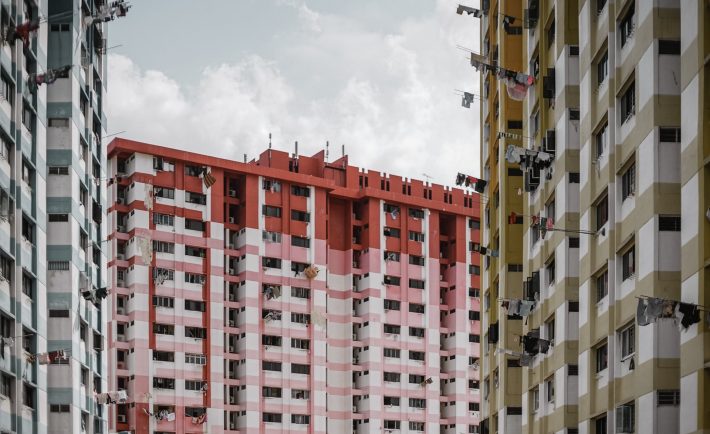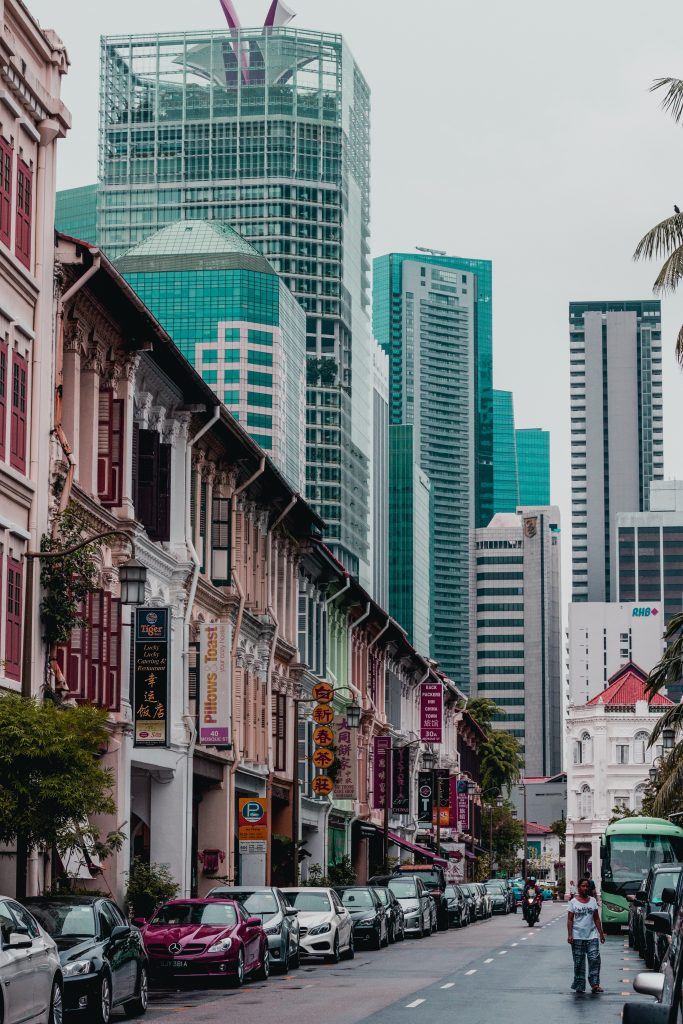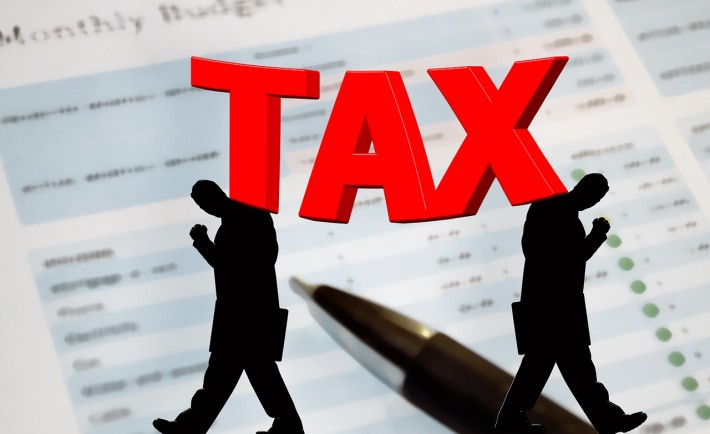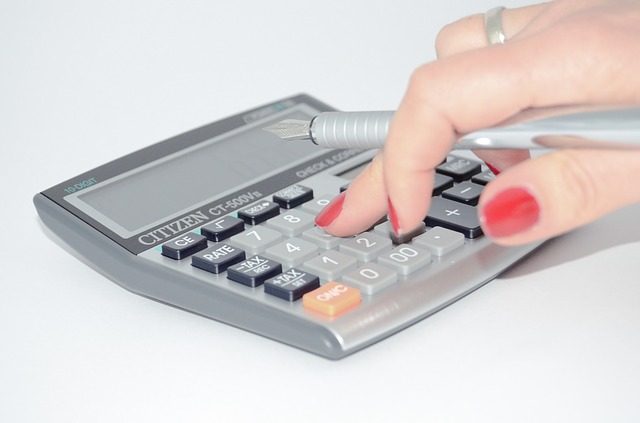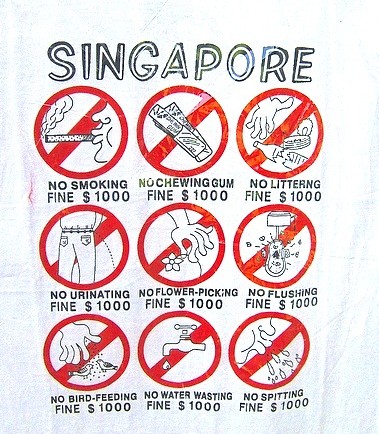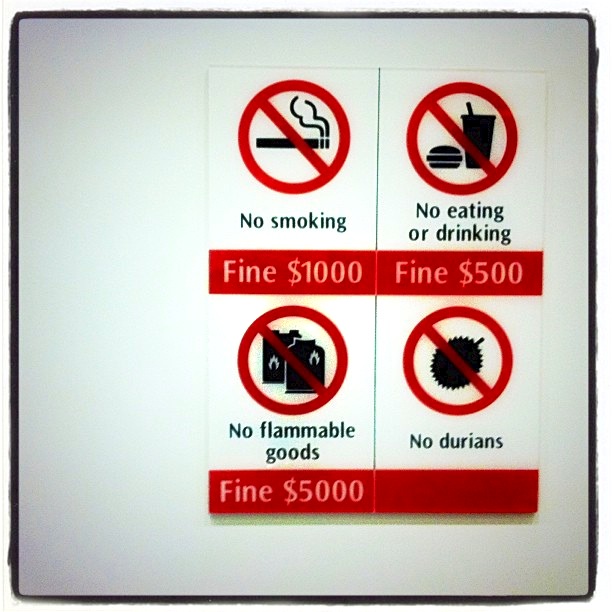In response to concerns over the cost of living, Deputy Prime Minister Lawrence Wong unveiled significant measures during his Budget 2024 address last February 16, 2024, aimed at providing increased financial support to Singaporeans. Here’s a comprehensive timeline outlining the various cash payouts and assistance schemes slated for implementation:
APRIL
– U-Save: S$110- S$190
– S&CC Rebate: 0.5 – 1 month
JUNE
– CDC Vouchers: S$300
JULY
– U-Save: S$165-S$285
– S&CC Rebate: 0.5 – 1 month
AUGUST
– Cash Payout: S$450 or S$850
SEPTEMBER
– Cash Payout: S$200- S$400
OCTOBER
– U-Save: S$110- S$190
– S&CC Rebate: 0.5 – 1 month
NOVEMBER
– NS Life SG Credits: S$200
DECEMBER
– Cash Payout: S$200- S$600
– CPF MediSave: S$100-S$1500
– CPF RA or SA: S$1000-S$1500
– Personal Income Tax Rebate for YA 2024: Up to S$200
JANUARY 2025
– U-Save: S$165- S$285
– S&CC Rebate: 0.5 – 1 month
– CDC Vouchers: S$300
#1: ASSURANCE PACKAGE
Enhanced by an additional S$1.9 billion, the Assurance Package offers:
– S$600 in CDC vouchers distributed in June and January 2025 to all Singaporean households.
– Cost-of-living “special payment” ranging between S$200 and S$400 for eligible adult Singaporeans.
– Additional U-Save benefits totaling up to S$950 for eligible HDB households.
– An extra half-month of S&CC rebate in January 2025, totaling up to four months’ rebate for eligible HDB households.
#2: LIFESG CREDITS FOR NSMEN
All NSmen, past and present, will receive S$200 digital credits redeemable via the LifeSG mobile app. Distributed in November, these credits are valid for one year.
#3: MEDISAVE BONUS
In December 2024, adult Singaporeans aged 21 to 50 will receive a one-time MediSave bonus ranging from S$100 to S$300, based on various criteria, including age and property ownership.
#4: SINGAPORE WORKFORCE DEVELOPMENT
The introduction of the SkillsFuture Level-Up program for mid-career workers will include a top-up of SkillsFuture Credit by S$4,000 for Singaporeans aged 40 and above, starting in May. Moreover, there will be a monthly training allowance for those aged 40 and above enrolling in selected full-time courses, capped at S$3,000 per month.
#5: TAX RELIEF
The income threshold for dependant-related tax reliefs will double from S$4,000 to S$8,000 for the year of assessment 2025, benefiting more taxpayers.
#6: TAX REBATE
A 50% personal income tax rebate, capped at S$200, will be applicable for the year of assessment 2024, primarily benefiting middle-income workers.

Image Credits: unsplash.com
These initiatives underscore the government’s efforts to alleviate financial burdens and support the well-being of Singaporeans amidst economic challenges.


